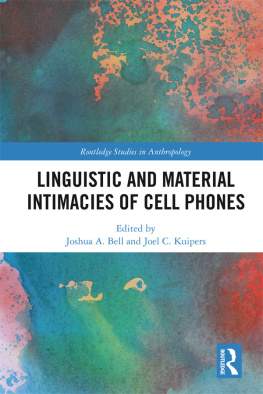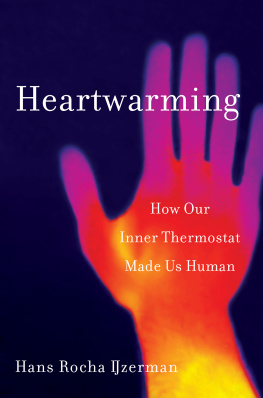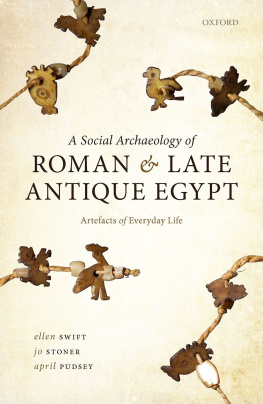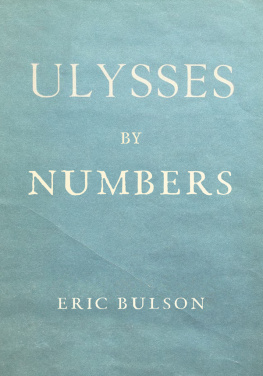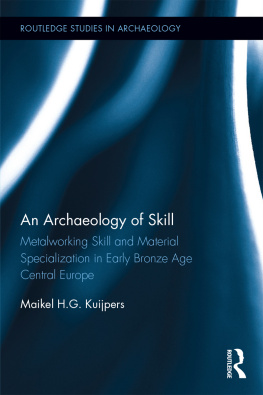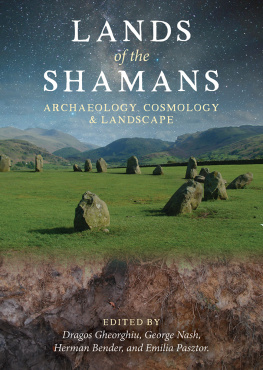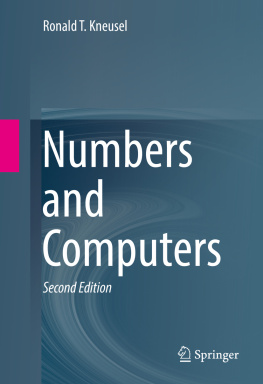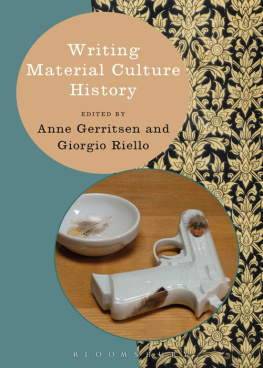An Archaeology of Temperature
This work investigates the material culture of public temperatures in New York City. Numbers like temperature, while ubiquitous and indispensable to capitalized social relations, are often hidden away within urban infrastructures evading attention. This Archaeology of Temperature brings such numbers to light, interrogating how we construct them and how they construct us.
Building on discussions in contemporary archaeology this book challenges the border between material and discursive culture, advocating for a novel conception of capitalisms artifacts. The artifacts examined within (temperatures) are instantaneous electric pulses, algorithmic outputs, and momentary fluctuations in mercury. The artifacts of the capitalized never sit still, operating at subatomic and solar scales. Temperatures, as numerical materials precariously straddling the colonially constructed nature-culture divide, exemplify the abstraction necessary to pursue the perpetually accelerating asymmetrical growth of wealtha pursuit that engenders multiple environmental and economic calamities.
An Archaeology of Temperature innovatively reimagines theory and method within contemporary archaeology. Equally, in plumbing the depths of temperature, this book offers indispensable contributions to science studies, urban geography, semiotics, the philosophy of materiality, the history of thermodynamics, heterodox economics, performative scholarship, and queer ecocriticism.
Scott W. Schwartz is an adjunct assistant professor at City College of New York and Visiting Fellow at the Max Planck Institute for Social Anthropology. Their work examines the material culture of numbers and how quantification facilitates capitalized social relations.
Routledge Archaeologies of the Contemporary World
Series Editor: John Schofield
Department of Archaeology, University of York, UK
The Italian philosopher Benedetto Croce once described all history as contemporary history, meaning that history was always viewed through a contemporary lens. All archaeology is contemporary for the same reason but also for the persistence of human traces from the past to the point of their survival and relevance in the contemporary world, beneath, on or even occasionally above the earths surface. Increasingly, archaeologists are focusing attention not just on those archaeological remains which survive in the contemporary world, but also on the archaeology of the contemporary world itself: the traces that we ourselves create and whichtogether with those surviving from our pastare accumulating to form archaeological records now, in and for the future. We might describe these as future pasts, contributing new stratigraphic layers and new components to an ever-changing landscapean archaeological record that is always becoming; a palimpsest constantly increasing in its depth and complexity.
While remaining firmly grounded in the material world and the heritage that it creates, these archaeologies of the contemporary world are amongst the most innovative and challenging of archaeological research endeavours, sometimes courting controversy for stretching the definition of archaeology beyond its traditional concern with only ancient or earlier times. As well as offering a different temporal perspective, the methods adopted for these archaeologies of the contemporary world are often less familiar, sometimes relying more on anthropological lines of enquiry combined with various forms of visual inspection and documentation of the surface, rather than excavating what lies beneath. Furthermore and because of these different perspectives, these contemporary archaeology projects also often involve imaginative interdisciplinary collaborations and theoretical innovation. Through this diversity of perspectives and methods, archaeology provides novel and often surprising contributions to understanding our contemporary world and the complex relationships that exist within it between people, behaviours and things. These contributions are amongst those that make archaeology vital for forward thinking and planning, for understanding and mapping our alternative futures.
Through this series of books, new archaeological studies and perspectives will seek to challenge and even perhaps overturn what we think we know about our supposedly familiar world. In the words of theoretical physicist Carlo Rovelli: Every time that something solid is put into doubt or dismantled, something else opens up and allows us to see further than we could before. Watching what appears to be as solid as rock melt into air, makes lighter the transitory and bittersweet flowing of our lives.
Archaeology is about the past, but it is also vitally about the present and the future. As both a field of study and a book series, Archaeologies of the Contemporary World constitute a place and a way of thinking where the past, present and future become entangled, as a dance for three, as Rovelli puts it. This series of books will generate new and deep explorations of these relationships across both time and space, creating and promoting a diversity of approaches towards new interdisciplinary encounters with the contemporary world and therefore also with our future.
The Series Editor welcomes speculative enquiries for publications in a range of formats (single-authored works, edited collections, Research Focus outputs) for any research aligned to these principles and promoting new archaeologies of the contemporary world.
The following list includes only the most-recent titles to publish within the series. A list of the full catalogue of titles is available at: Routledge Archaeologies of the Contemporary WorldBook SeriesRoutledge & CRC Press
Archaeology of The Teufelsberg
Exploring Western Electronic Intelligence Gathering in Cold War Berlin
Wayne D Cocroft and John Schofield
After Discourse
Things, Affects, Ethics
Mats Burstrm, Caitlin DeSilvey, Bjrnar Olsen, ra Ptursdttir
An Archaeology of Temperature
Numerical Materials in the Capitalized Landscape
Scott W. Schwartz
For more information about this series, please visit: https://www.routledge.com/Routledge-Archaeologies-of-the-Contemporary-World/book-series/RACW
First published 2022
by Routledge
2 Park Square, Milton Park, Abingdon, Oxon OX14 4RN
and by Routledge
605 Third Avenue, New York, NY 10158
Routledge is an imprint of the Taylor & Francis Group, an informa business
2022 Scott W. Schwartz
The right of Scott W. Schwartz to be identified as author of this work has been asserted in accordance with sections 77 and 78 of the Copyright, Designs and Patents Act 1988.
All rights reserved. No part of this book may be reprinted or reproduced or utilised in any form or by any electronic, mechanical, or other means, now known or hereafter invented, including photocopying and recording, or in any information storage or retrieval system, without permission in writing from the publishers.
Trademark notice: Product or corporate names may be trademarks or registered trademarks, and are used only for identification and explanation without intent to infringe.
British Library Cataloguing-in-Publication Data
A catalogue record for this book is available from the British Library
Library of Congress Cataloging-in-Publication Data
A catalog record for this book has been requested
ISBN: 978-1-032-02573-5 (hbk)


